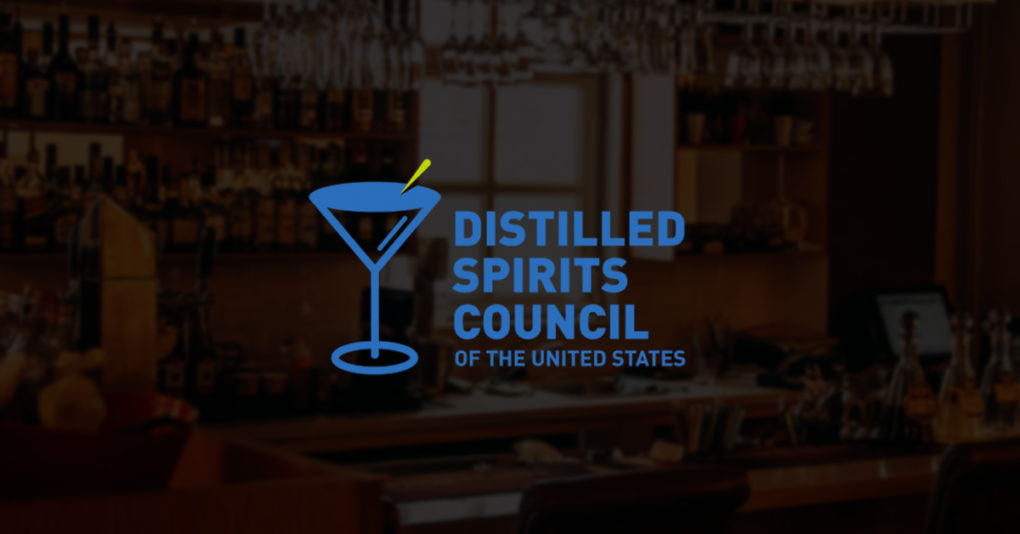
Last year, spirits market share totaled 42.2% with steady gains over the past 14 years, but the association’s leadership echoed other year-end woes of a challenging sales environment. Beer’s share by supplier revenue totaled 41.8% according to the data, with wine at 16.1%. The briefing, which highlighted industry data and legislative priorities for the advocacy organization, showed the impact of economic conditions on consumer trends and sales.
Overall in 2023, spirits revenue increased by $73 billion (+0.2%) and volumes rose 1.2% to 308.8 million 9-liter cases. DISCUS president and CEO Chris Swonger attributed the numbers to inflation and high interest rates reducing consumer discretionary spending, consumers returning to more normalized routines and buying habits post-pandemic, and retailers and wholesalers pausing on reordering as they reduced inventory build-ups.
Certain segments drove momentum for the category, and with no surprise, one of them was ready-to-drink cocktails.
Category Trends: RTDs, Tequila and Whiskey Growth Leaders
While vodka maintained its lead in revenue and volume, RTDs, tequila, and blended whiskey were the fastest-rising segments.
Digging into the numbers, the top five spirits segments by revenue were:
- Vodka sales nearly flat, totaling $7.2 billion;
- Tequila/Mezcal sales up+ 7.9% to $6.5 billion (+$476 million);
- American Whiskey sales up +3.8% to $5.3 billion (+$192 million);
- Cordials sales nearly flat, totaling $2.9 billion;
- Premixed cocktails, including spirits RTDs, up +26.8% to $2.8 billion (+$599 million).
The fastest-growing spirits segments by revenue were:
- Premixed cocktails, including spirits RTDs, up +26.8% to $2.8 billion (+$599 million);
- Tequila/Mezcal up +7.9% to $6.5 billion (+$476 million);
- Blended Whiskey up +4.1% to $978 million (+$38 million);
- American Whiskey up +3.8% to $5.3 billion (+$192 million).
New sales of spirits-based RTDs, tequila and American whiskies totaled $1.3 billion when comparing 2023 to 2022. Spirits-based RTDs at almost $600 million accounted for roughly 46% of that total. Overall, spirits are still a small portion of the RTD market (16% volume share versus malt-based at 83%) but that percentage has doubled since 2021.
The data mirrored other reports showing that premiumization for categories like tequila and whiskey has stalled, although 60% of revenue is still accounted for by high end and super premium categories.
But Marten Lodewijks, head of consulting for the Americas at IWSR Drinks Market Analysis, who joined the presentation, shared data illustrating the trend’s persistence since the 1990s, with a slowdown during the 2008 recession followed by a rebound. He’s optimistic the same pattern may reoccur.
“Now as some of the macroeconomic fundamentals are starting to improve and inflation coming down, I would expect a return to normal with continued strong growth in premiumization,” he said.
Legislative Wins and Priorities
Big legislative wins for the association included a down-to-the-wire U.S.-EU agreement to extend the suspension of the EU’s retaliatory tariff on American whiskeys until March 2025. A permanent suspension will be a priority in the coming year.
But much of the legislative focus in 2023 and going into this year is on state-level efforts to expand market access for spirits and spirits-based RTDs, and defeating tax hikes for spirits and the hospitality industry.
In 2023, DISCUS defeated spirits tax threats in Colorado, Hawaii, Indiana, New Mexico, New York and Oregon, and helped secure a barrel tax phaseout in Kentucky. Seven-day spirits sales are now allowed in Montana and Sunday sales hours were increased in New York. Cocktails-to-go permanency was achieved in five states, with extensions in three states. Retail tastings laws expanded in Arkansas and West Virginia, and expanded distillery sales and tastings opportunities were signed into law in Connecticut, Texas and West Virginia.
Facing opposition from the beer industry, the shift in RTD legislation was minimal. In Nebraska, legislation to rollback a tax reduction on spirits-based RTDs was defeated, and Nevada’s Clark County allowed on-premise beer and wine licenses to sell spirit-based products. Eyes are now on a Mixed Spirit Beverage Task Force in Alabama launched last year that is crafting legislation to increase market access for spirits-based RTDs.
“Fair tax treatment and increased retail access for spirits-based, ready-to-drink products is a big priority for us,” Swonger said.